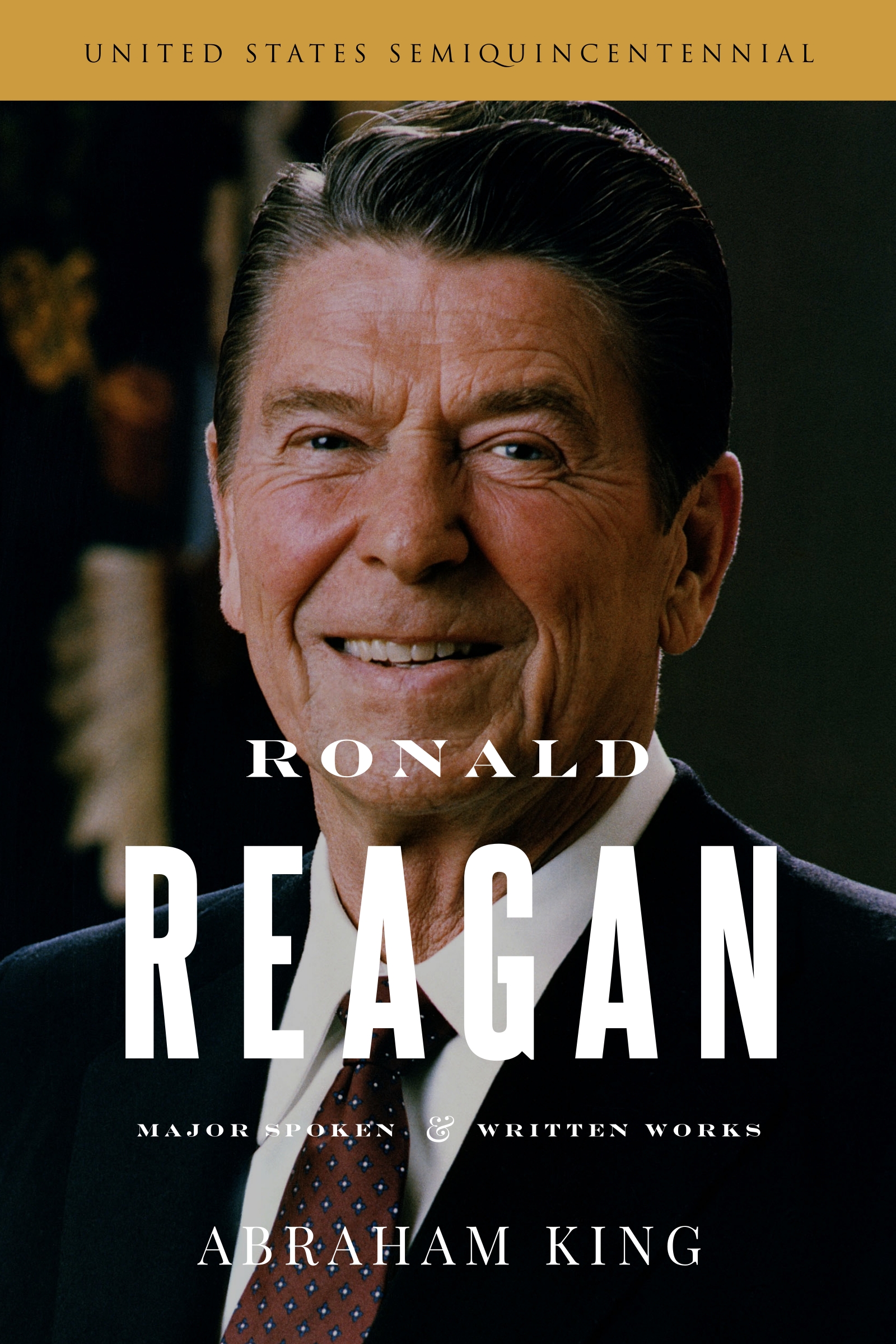REAGAN
As President of the United States, Ronald Reagan achieved significant milestones that reshaped the political and economic landscape of the nation. His administration implemented a series of conservative economic policies, collectively known as “Reaganomics,” which emphasized tax cuts, deregulation, and reduced government spending in an effort to stimulate economic growth and curb inflation. Under his leadership, the United States witnessed a period of sustained economic expansion and a revitalized national confidence. Reagan also prioritized strengthening the military and adopted a firm stance against the Soviet Union, contributing to the eventual end of the Cold War. His administration pursued a foreign policy grounded in the promotion of American strength and democratic ideals, exemplified by the Strategic Defense Initiative and his influential role in arms reduction negotiations. Domestically, Reagan’s presidency marked a significant ideological shift toward limited government and individual responsibility, leaving a lasting imprint on American conservatism.


Electronic Edition • Available 2027
Paperback and Hardcover Editions • Available 2028
Ronald Reagan’s speeches and writings as president were marked by clarity, optimism, and an unwavering belief in the American spirit. He had a distinctive ability to communicate complex ideas in a relatable manner, often drawing upon historical references, personal anecdotes, and moral conviction. His First Inaugural Address underscored the importance of reducing the scope of government and restoring public faith in American institutions. Perhaps most memorably, his speech at the Berlin Wall in 1987 — urging, “Mr. Gorbachev, tear down this wall” — embodied his commitment to freedom and his role in challenging communist regimes. Throughout his presidency, Reagan consistently articulated a vision of America as a “shining city on a hill,” conveying a deep faith in democracy, free enterprise, and the resilience of the American people. His rhetoric, grounded in patriotic idealism and strategic clarity, played a vital role in shaping public opinion and reinforcing national purpose during a pivotal era in modern history.
